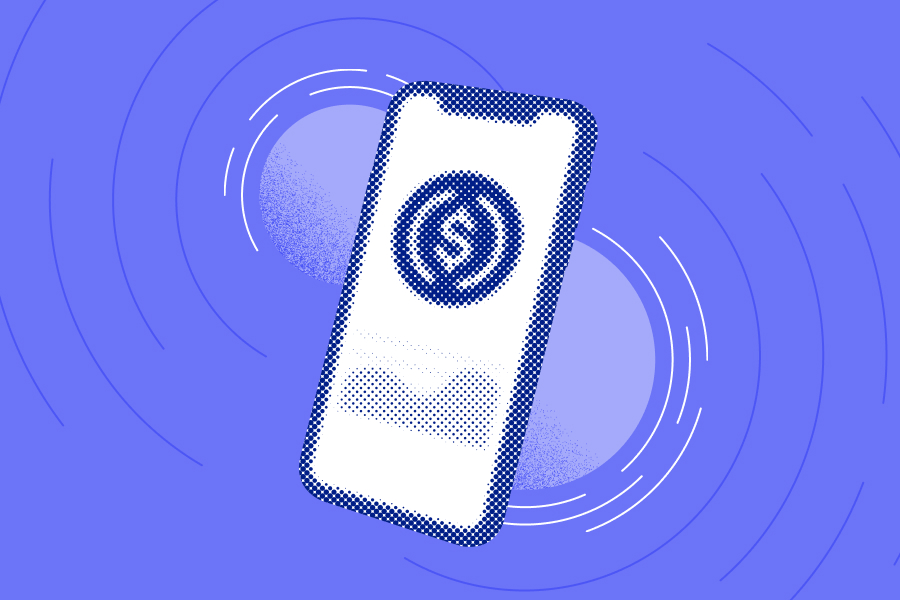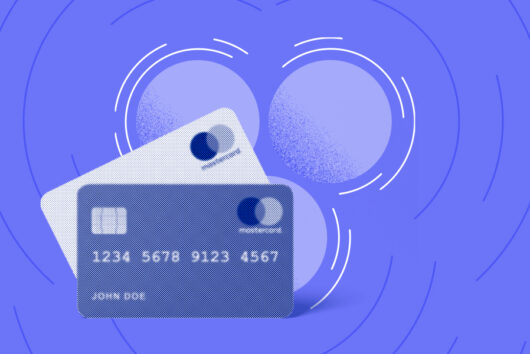US lawmakers introduce ‘ECASH’ bill in effort to create digital dollar

What
A group of U.S. lawmakers introduced the ECASH Act to direct the Treasury Secretary to develop and issue an electronic version of the U.S. dollar
Why
The electronic dollar, as defined in the bill, would aim to preserve privacy and anonymous transactions
What next
Supporters of the bill argue that the system could serve the unbanked who can’t afford the fees or fear their assets might be frozen
The story
US lawmakers Stephen Lynch, Jesús Chuy Garcia, Ayanna Pressley and Rashida Tlaib recently introduced the “Electronic Currency And Secure Hardware Act” (ECASH Act) to direct the Treasury Secretary to develop and issue an electronic version of the U.S. dollar, with an eye to preserving privacy and anonymity in transactions.
This electronic dollar would be deemed legal tender and be functionally identical to its physical counterpart. In an interview with Coindesk, Rohan Grey, an assistant professor at Willamette University who consulted on the bill said:
“We’re proposing to have a genuine cash-like bearer instrument, a token-based system that doesn’t have either a centralized ledger or distributed ledger because it had no ledger whatsoever. It uses secured hardware software and it’s issued by the Treasury.”
Unlike other proposals for a digital dollar that are based on stablecoins or other decentralised forms, ECASH would support peer-to-peer transactions and fully anonymous transactions.
To learn more about stablecoins and other digital currencies, visit our learning resource here.
 Discover
Discover Help Centre
Help Centre Status
Status Company
Company Careers
Careers Press
Press


